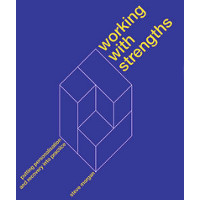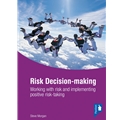Coordinating Care: Art or Science?
 Wednesday, October 31, 2012 at 2:19PM
Wednesday, October 31, 2012 at 2:19PM Being a care coordinator and managing the care programme approach has become a challenging function of our care and support services, attracting more than its fair share of negative connotations. A genuine tension exists between the passion and artfulness of human relationships on the one hand, and the pursuit of a scientific basis for interventions on the other. The science of research seeks to impose a sense of reassurance by means of consistent results when defined sets of circumstances are observed or applied. By contrast, the quality of an artful endeavour may be measured more by its emotional characteristics and the feelings it engenders in those involved or observing. In reality, the experience and practice of mental health and learning disability services is primarily a study of people’s emotional experiences, feelings and behaviour patterns. So we should be wary of any attempts to understate the elements of artfulness and passion; and we should recognise the potential impact this may have on our enjoyment of the work, as well as our motivation for doing it.
Arguably, one of the most crucial effects of the evidence-based practice focus of research is that it undermines the art of relationship-building. The pursuit of a rigorous scientific rationale places a clear priority on the cult of numbers. ‘How many?’ and ‘How frequently?’ and ‘How quickly?’ become the valued quantitative outcomes of an efficient service. But what is the cost of this, in terms of an effective, good quality experience for the individual service user within this wider research picture? Or, indeed, what is the cost of its impact on the qualitative experience of the work that, for many practitioners, is their motivation? Ideally, we need to strike a careful balance between art and science in the delivery of good quality care and support.
Find out more on these views from the published manual The Art of Coordinating Care






